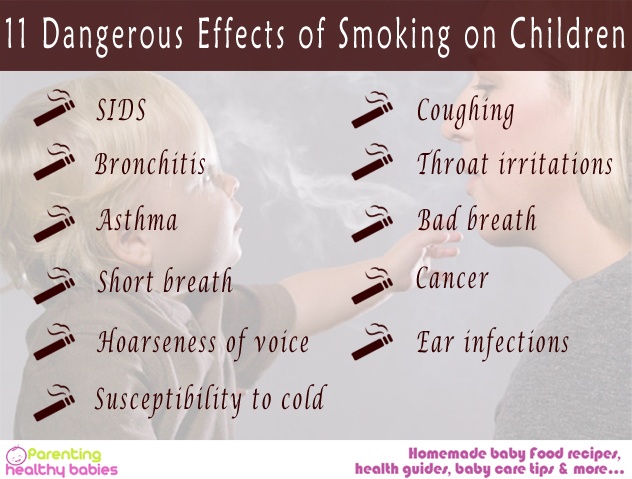Nipple confusion is not uncommon, and it happens when a baby struggles to get adjusted to sucking from nipples after having learnt how to suck on a bottle or a dummy. From the baby’s point of view, sucking on the nipples or the sucking that is needed for breastfeeding is different from sucking on a teat or dummy. This means that your baby finds it difficult to latch on (hold on) to your breasts and suck milk. This causes confusion. However, it isn’t something that should alarm the mother since there are ways to resolve it. In this article, we will discuss everything that is there to discuss regarding nipple confusion. Read on to find out what nipple confusion really is and how you can fix it.
In This Article:
- Causes of Nipple Confusion
- Signs of Nipple Confusion
- Prevention of Nipple Confusion
- Difference Between Breastfeeding vs. Bottle Feeding
- How to Fix Nipple Confusion in Babies?
- Can I Continue to Breastfeed My Child?
- Will Nipple Confusion Affect My Baby?
All You Need to Know about Nipple Confusion
In most bottles, the teats are rigid, and the flow of milk is also constant. This means, your baby does not need to work much in order to get the milk. On the other hand, when it comes to feeding on your breast, your baby needs to open his mouth to latch on. Along with it, he also needs to use around 40 muscles in his mouth to suck the milk.
Causes of Nipple Confusion
As a general rule, all babies are born with the knowledge of how to suck, and their brains are hardwired to suck from their mother’s breasts. However, at times, they develop a preference for the teat of a bottle and find it difficult to suck from the breasts, and there are several reasons for this.
Many people think that the cause of nipple confusion or nipple preference is the fact that it is easier for a baby to suck milk from a bottle compared to breasts. Others think that the baby forgets how to latch on after learning how to drink from the bottle.
However, sucking milk from the breasts is something that the baby knows instinctively right from his birth. A baby will not prefer to suck milk from a bottle unless he finds it troublesome to get enough milk from his mother’s breasts.
Signs of Nipple Confusion
Your baby finding it difficult, or simply refusing to latch on, is the earliest sign of nipple confusion and may happen when your baby is not getting enough milk from your breasts.
Some signs that your baby is not getting the required amount of milk from your breasts are as follows:
- When the baby refuses to nurse
- When you experience breast engorgement. If your breasts are engorged with milk or your breasts have firm tissues, then it indicates your baby will not be able to get a good mouthful of your breasts and refuse to latch on
- Sore nipples
- Slowdown in the increase of the baby’s weight
- Signs of a tongue-tie in the baby. This can make it difficult for them to breastfeed
While these issues add to the problem, they should not be confused with nipple confusion. These are breastfeeding problems, and by getting rid of these, you can get rid of nipple confusion too.
Prevention of Nipple Confusion
How to overcome nipple confusion is a common question that many nursing moms ask. Here are some of the tips that can help:
Go Back to the Basics
You need to go back to the basics of latching on to make your baby realise how soothing breastfeeding is by cuddling him skin to skin. Typically, you will need a few sessions when your baby is fumbling with your breasts, but these sessions will help the baby root for and latch on to your breast.
Make the Milk Flow Smoother
You can do so manually, or you can even pump your breasts before your baby latches on. This will reduce the effort on the baby’s part.
Timing is Important
The baby needs to be hungry to latch on, and that is the only way by which you can motivate him to give it a try. However, that does not mean that the baby should starve as that will make him lose his patience to suck hard and get the milk.
Keep Faux Nipples at Bay
With babies frequently experiencing nipple confusion, it is best to keep bottles away. Stick to breastfeeding till you start giving him solid food. Make sure to keep away the pacifier too, if your baby has got too attached to sucking it.
Difference Between Breastfeeding vs. Bottle Feeding
Breastfeeding is always a better option than bottle feeding. The mother’s milk is always at the right temperature, and it has the right balance of all the nutrients. However, breast engorgement, lack of time, etc., make bottle feeding the preferable option if direct breastfeeding is not possible.
How to Fix Nipple Confusion in Babies?
If you think that nipple confusion is causing a lot of problems for both you and your baby, you can seek professional help. You can visit a breastfeeding counsellor or a breastfeeding clinic and learn the techniques of how to avoid nipple confusion. A counsellor will help you with the right techniques that might eliminate the problem immediately, or they will help you in finding out the problem that is making breastfeeding difficult for your child.
Can I Continue to Breastfeed My Child?
Yes. Exclusively breastfeeding your baby is probably the only way to deal with nipple confusion. If there are breastfeeding problems, then you should talk to professionals and find solutions to them.
Will Nipple Confusion Affect My Baby?
Breastfeeding is important as the mother’s milk is packed with all the nutrients, minerals, and vitamins that a baby needs. It is easily digestible as well. Giving your baby expressed milk is the second best alternative to breastfeeding and often the best option when breastfeeding is not possible. Nipple confusion will not affect your baby as long as he is getting breast milk in some form.
Remember that nipple confusion does not affect your baby directly. However, if the above guidelines don’t resolve the problem of nipple confusion in your baby, consult an expert.
Sources:













